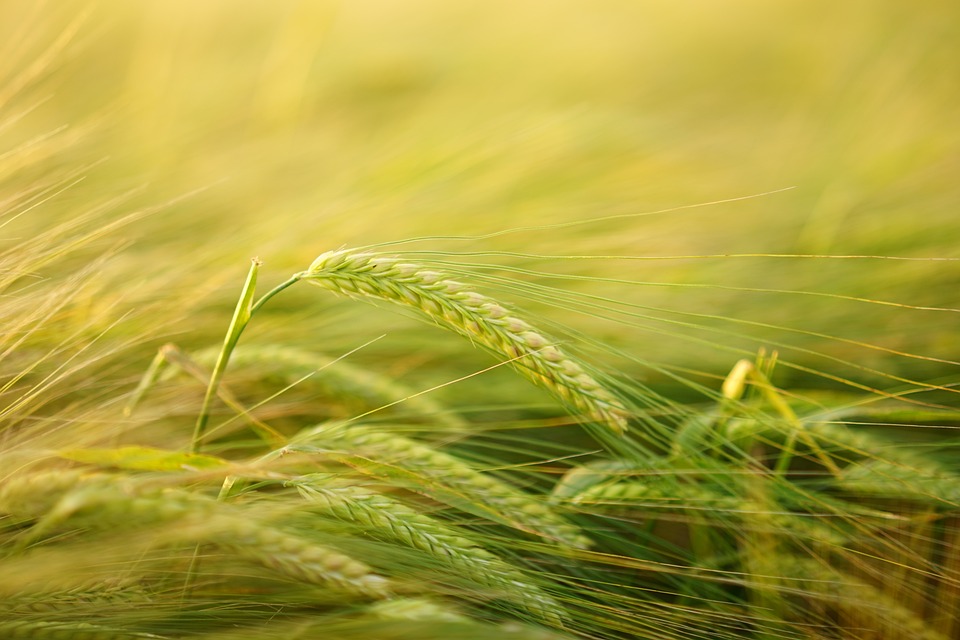
[ad_1]
Bangladesh’s jute industry is a vital part of the country’s economy, accounting for 80% of the global jute trade. Jute is a versatile fiber that can be used to make a wide range of products, from burlap sacks to carpets and curtains. However, the most captivating aspect of the jute industry in Bangladesh is the sweet scent it produces.
As jute is processed, it releases a pleasant aroma that’s reminiscent of freshly cut grass or hay. This fragrance is the result of the fibers’ natural waxes and oils, which are released when the jute is spun, woven, or treated. The scent is most potent in areas where jute is being dried, and it can be detected from quite a distance away.
One of the best places to experience the sweet scent of the jute industry is in Narayanganj, a city in central Bangladesh. Narayanganj is home to several jute mills, which process raw jute into yarn, twine, and rope. The city’s jute mills employ thousands of workers, who are responsible for keeping the mills running 24/7.
Visitors to Narayanganj can tour the jute mills and witness the entire jute processing cycle, from harvesting raw jute to the packaging of finished products. They can also see the machines that spin, weave, and dye the jute, as well as the workers who operate them. The sweet scent of the jute is apparent throughout the mills, and it’s an unforgettable sensory experience.
The jute industry in Bangladesh isn’t limited to Narayanganj. It’s also a significant source of employment in other parts of the country, such as Khulna, Jessore, and Dhaka. Jute cultivation and processing provide jobs for millions of workers, making it a crucial industry for the country’s economy.
In addition to its economic impact, the jute industry in Bangladesh has environmental advantages. Jute is a renewable resource, and its cultivation doesn’t require the use of pesticides or fertilizers. It’s also biodegradable, making it a sustainable alternative to synthetic fibers like nylon or polyester.
Overall, the sweet scent of the jute industry in Bangladesh is just one of many reasons to appreciate this vital sector of the country’s economy. Whether you visit a jute mill or encounter the fragrance while passing through a jute-growing region, the smell is a reminder of the hard work and ingenuity that goes into the products we use every day.
[ad_2]























